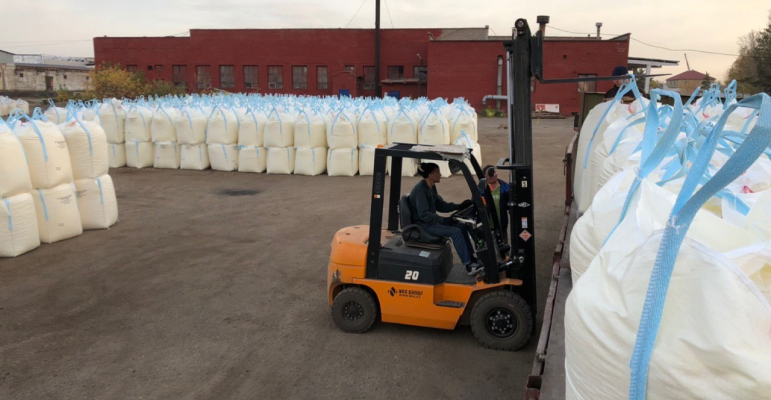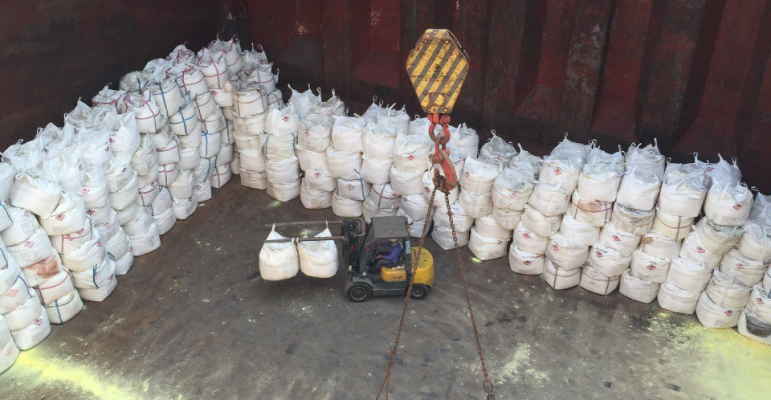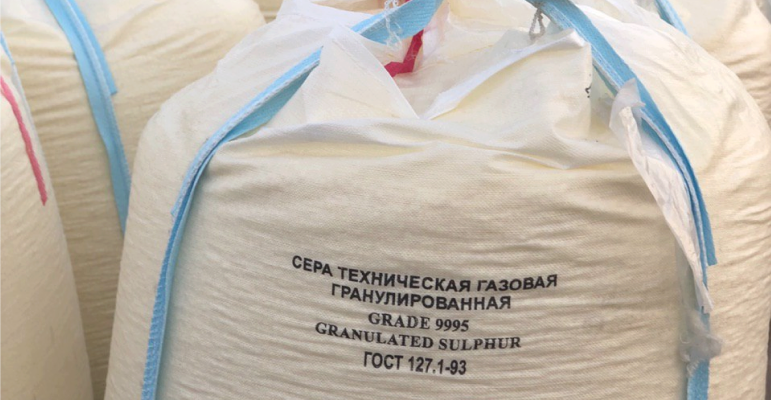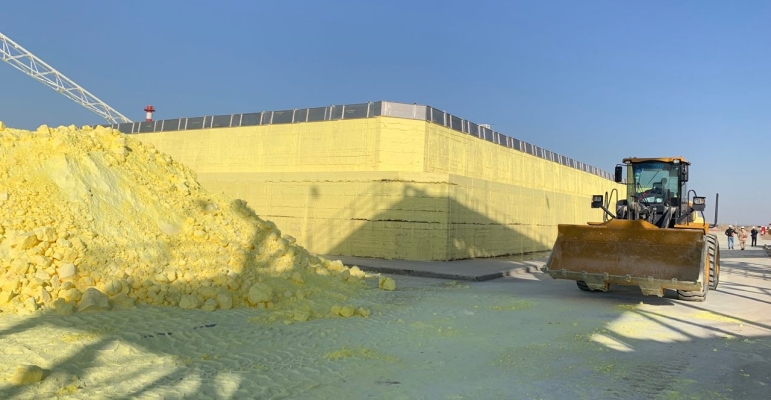



In the form of lump and granular, sulfur is the chemical element most in demand because it is the starting material for sulfuric acid and a necessary byproduct of many chemical and industrial processes. Sulfur is a critical ingredient in many mineral fertilizers, including those based on phosphate, nitrogen, potassium, and sulfate. Non-ferrous metals, pharmaceuticals, farming pesticides, personal hygiene, cosmetics, and curing are just a few of the many other fields that benefit from sulfur’s many properties.
Granular sulfur is available in several shapes and sizes, including spheres, pastilles, and flakes. Granular fraction sizes can be modified through various technical approaches (0.5 to 6 mm). The purity level is 99.98 percent. Granulated sulfur has advantages due to the granulation process, which reduces the risk of dusting and pollution and enhances the durability and long-term stability of the product, all of which are essential considerations when shipping and storing the substance.
| Granular sulfur | |
|---|---|
| Sulfur | 99.98 |
| Moisture | 0.03 |
| Ash | <0.007 |
| Acidity | <0.001 |
| Organic matter | <0.005 |
One of the most common industrial forms of sulfur is lump sulfur, also called lump gas sulfur in the technical sense. There is an obvious benefit to producing lump sulfur, which is how easy it is to use. When liquid sulfur is filled into molds and allowed to solidify, the resulting chunks can be ground into lump sulfur. Purity: 99.98%.
| Lump sulfur | |
|---|---|
| Sulfur | 99.98 |
| Moisture | <0.0059 |
| Ash | <0.002 |
| Acidity | - |
| Organic matter | <0.0037 |